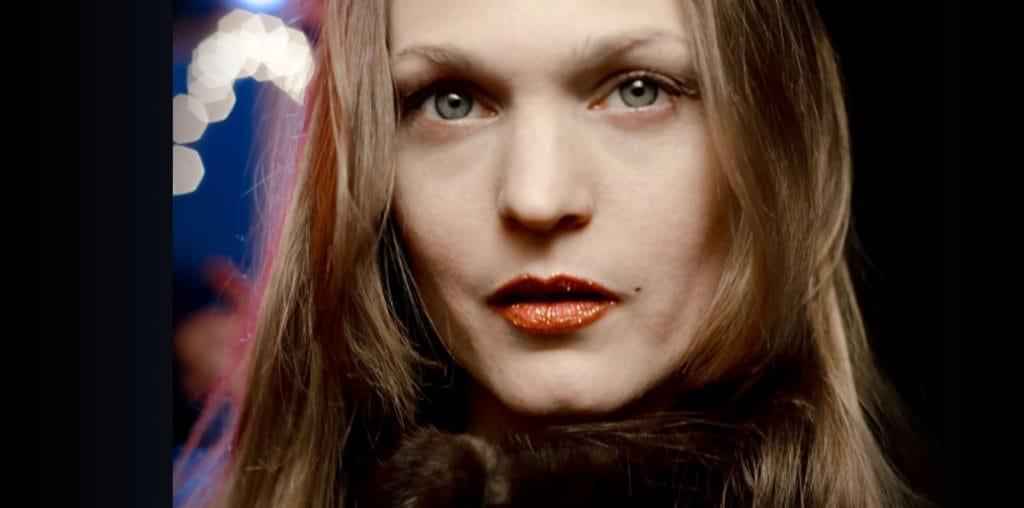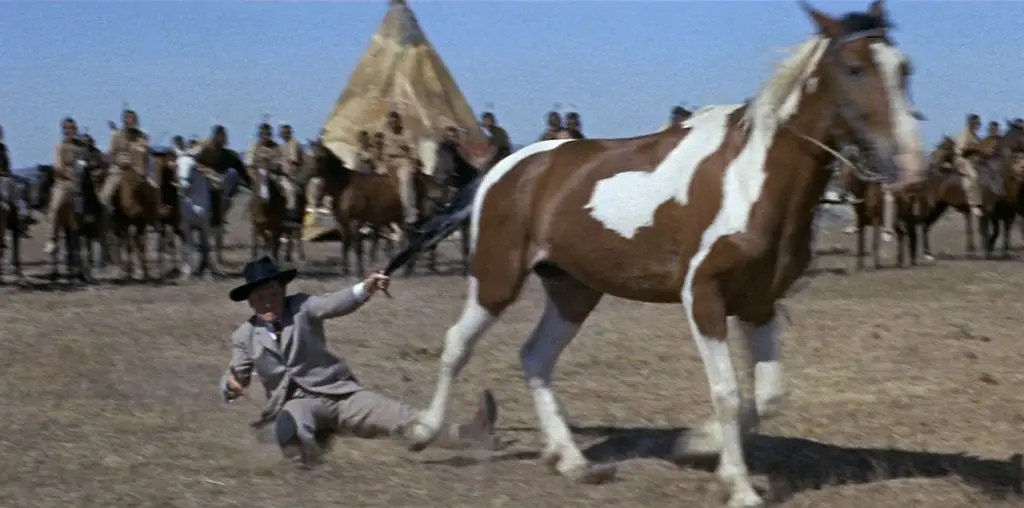
I think it would have been easy for her to be controlling in that situation, but I found her to be extremely collaborative. We were partners, it was that simple. We had to make sure that the film was our collective vision at the end of the day, and one thing that was such a blessing was how often we were on the same page with that vision. We came up with ideas, and yes — there were things we disagreed on at times, but we worked through those disagreements and figured out what was best. This is a story that Jennifer partially lived, certainly has been living with as a creative, and has been writing for seven years. That’s a long time to live with a project, even if indie projects have a tendency to gestate for a while, and Jennifer was able to take notes on how certain aspects of her script could be more cinematic, dramatic, or funny on screen — and deliver changes that I was thrilled with. She made everything better.
Jennifer: I would say that Michelle is an amazing writer too, and has a beautiful mind. She has an obsession with structure, and it really shows. I didn’t know her very well either when we started. I went to college with her husband, Joey, and he was at the first reading of the script. It went well, but it was like the first pancake. Terrible.
Somehow it was good enough that Joey told Michelle about it. And because she’s a writer, Michelle messaged me out of the blue to say congratulations. Years went by, we finally got money to make it, and there were a couple of directors attached — they couldn’t do it, and I toyed with maybe directing it myself (which would have been a disaster), but always in the back of my head I thought; Michelle. When my producing partners and I finally started interviewing people again, I very quickly knew it was going to be Michelle. She came on and elevated this project. It was good before, but Michelle took it to a place that I never could have on my own. She approached me with a writer’s heart, and that was fantastic. She’s an amazing director, artist, and friend.
Zooming in on that creative process for a moment, I’m curious — do either of you have any creative nonnegotiables? Every project is different, but there must be things that remain unchanged in terms of approach. When looking at new material, what are those invariable aspects of your individual storytelling abilities?
Michelle: There are things that I’m attracted to, and I don’t know that I’ve thought of them as creative nonnegotiables, but I care about showcasing characters an audience can root for. That’s what I love. There are works of art about characters that are constantly hurting people and doing things you wish they didn’t, and that’s great, but I don’t want to make those.
“Authenticity for me is a nonnegotiable. If it’s not authentic, whether it be comedy or drama, then it’s not worth doing.”
I need characters that an audience wants to watch succeed, and that was one of the things I was so attracted to in Jennifer’s script. In spite of all of June’s flaws, of which there are many, you want her to be okay. You want her to get what she wants. June is so determined to fix her family, and it’s not just for herself. Underneath it all, June needs to be happy, and she needs the people around her to be happy — even if she can be selfish. That was the biggest aspect that pulled me toward this story, and always guides me when choosing other projects. I suppose it’s what I respond to as a lover of story, even if it’s not necessarily what I analogically decide I need to do professionally.
Jennifer: Authenticity for me is a nonnegotiable. If it’s not authentic, whether it be comedy or drama, then it’s not worth doing. In that vein, a commitment to a joke is extremely important. If the joke isn’t committed, I don’t want it. Michelle and I would get notes and be asked to cut certain moments out of a scene, and would decide that if those scenes only existed to convey information — we didn’t want to do them, just to do them. We were very committed to moments where things were a joke and when they weren’t, and we wanted to sacrifice a piece of something if it was going to ruin the drama or comedy. Which is one of the things I love about For When You Get Lost. It feels authentic.
Speaking of drama and comedy, I need to ask you both about tone. For When You Get Lost is so confident in itself, and that confidence winds up causing it to shift between comedy and drama quite often. When you’re trying to make those tonal shifts, how do you maintain any semblance of cadence? How do you know what works and what doesn’t in the long run?
Michelle: That actually comes back to authenticity, too. It’s about servicing the entire narrative, whether it’s a dark moment, funny moment, or darkly funny moment — and making sure that we knew where the characters were coming from and that they were operating out of truth in those instances no matter what. We are bringing the audience along so that they can understand where the characters are in their journey, even if the characters themselves don’t, and that’s where a lot of our humor ultimately comes from.
One of the earliest jokes in the film is a very dark joke, maybe the darkest joke in the entire thing, which is when June’s ex-boyfriend gets mad at her for staging a suicide. He understands June’s family history, yet she is able to use that as an ongoing weapon to manipulate him — and he backs down, not recognizing June’s manipulative behavior. That was something that I felt was important to keep from the original script as part of June’s personality. You need to come along with her on that uniquely dramatic ride, and you won’t laugh unless you recognize the manipulation.
Jennifer: Michelle had a heavy weight to carry when it came to my sense of humor as a writer because it is so-so fluid. I interpret serious, mature things (at times) in really funny ways, even if that tone isn’t right for the moment. I think that’s hard to convey. I can write it, but Michelle had a lot of work to do as far as making it come across on film. She did a tonal high-wire act.


